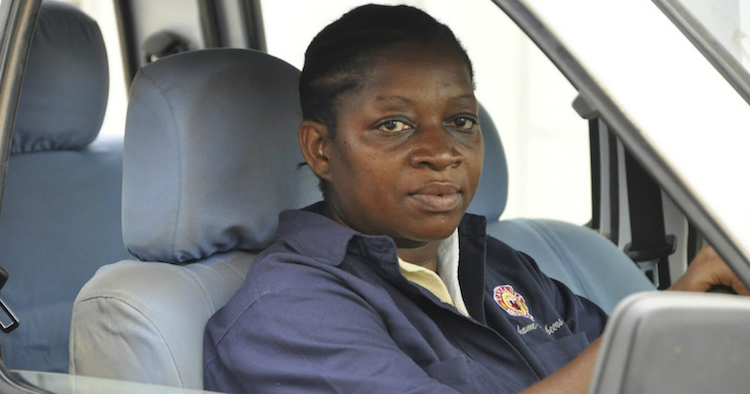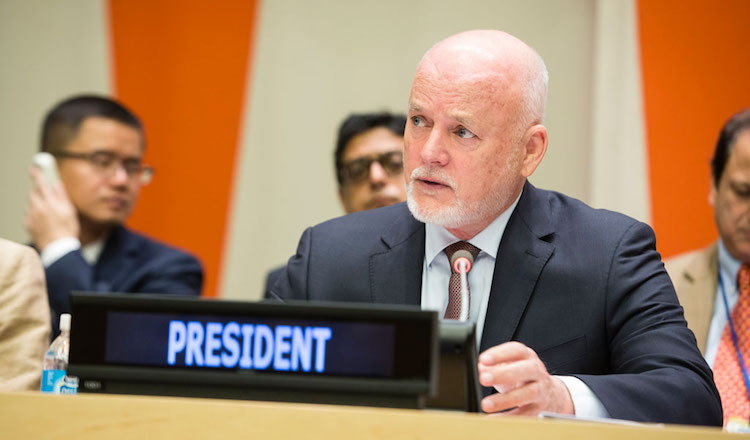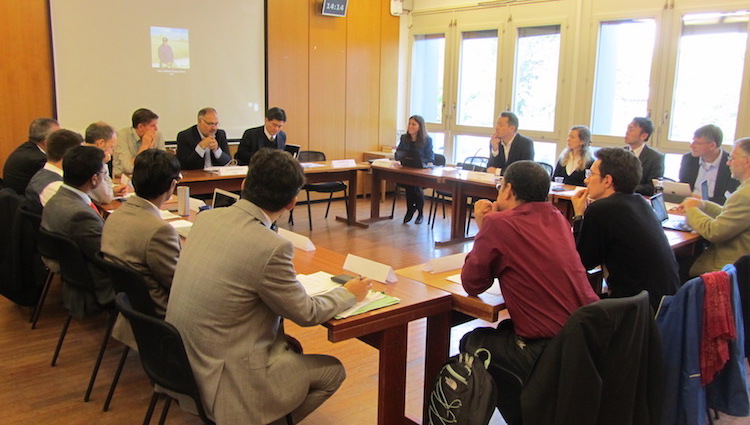By Kizito Makoye Shigela
DAR ES SALAAM (ACP-IDN) – Taxi driver Mwajuma Ramadhani adeptly steers her way through the crowded streets of the bustling Kariakoo business hub in Dar es Salaam. Suddenly, a motorcycle rider with two passengers cuts in, causing her to swerve abruptly to the right.
“You would have caused an accident had I not been careful,” she tells the rider, while he scowls at her, visibly shaken.
“I face these challenges almost every day,” says Ramadhani, hooting loudly at the rider. “I often ignore reckless riders like him. Just because it’s a woman behind the wheel, he’s trying to take advantage.”










